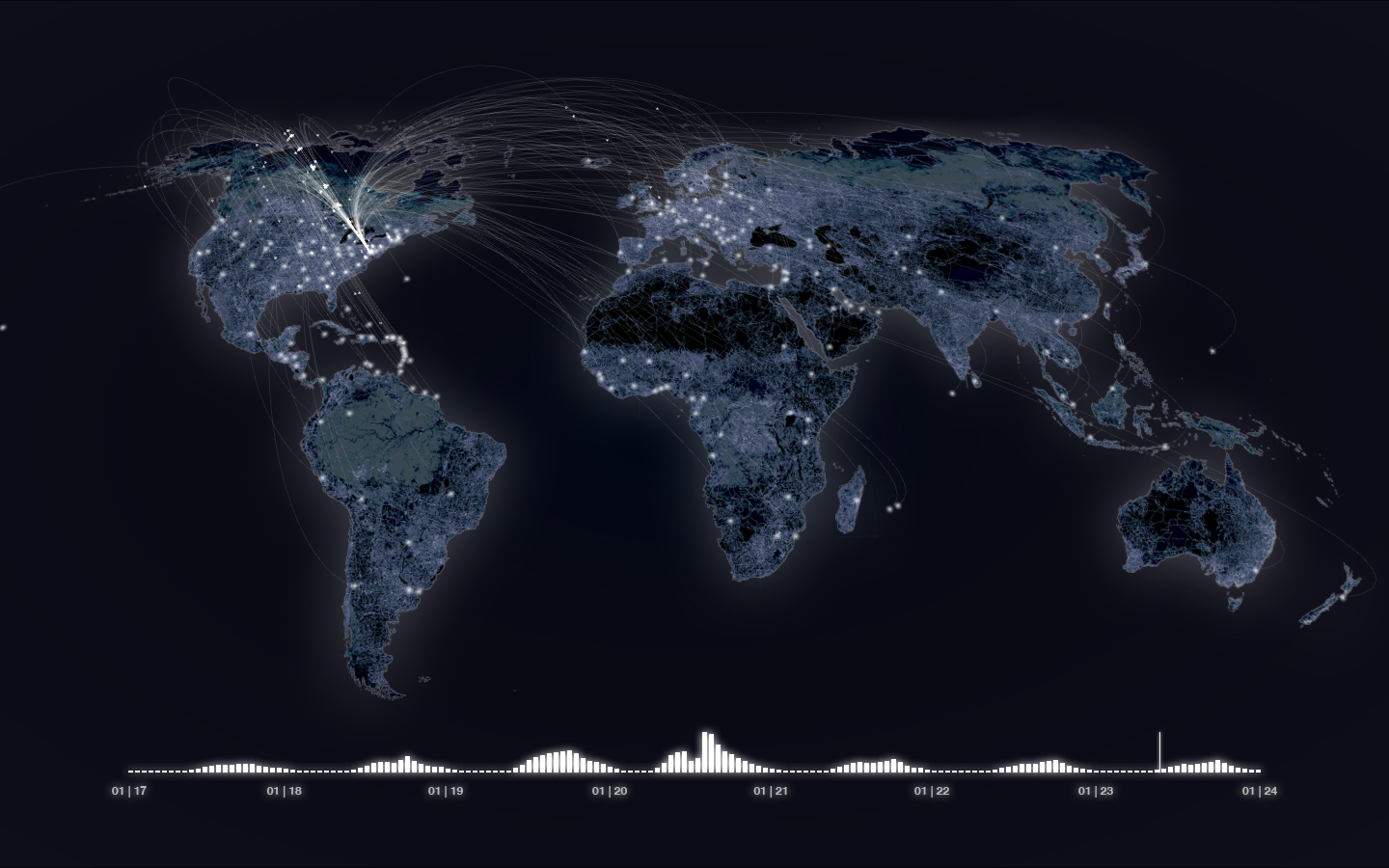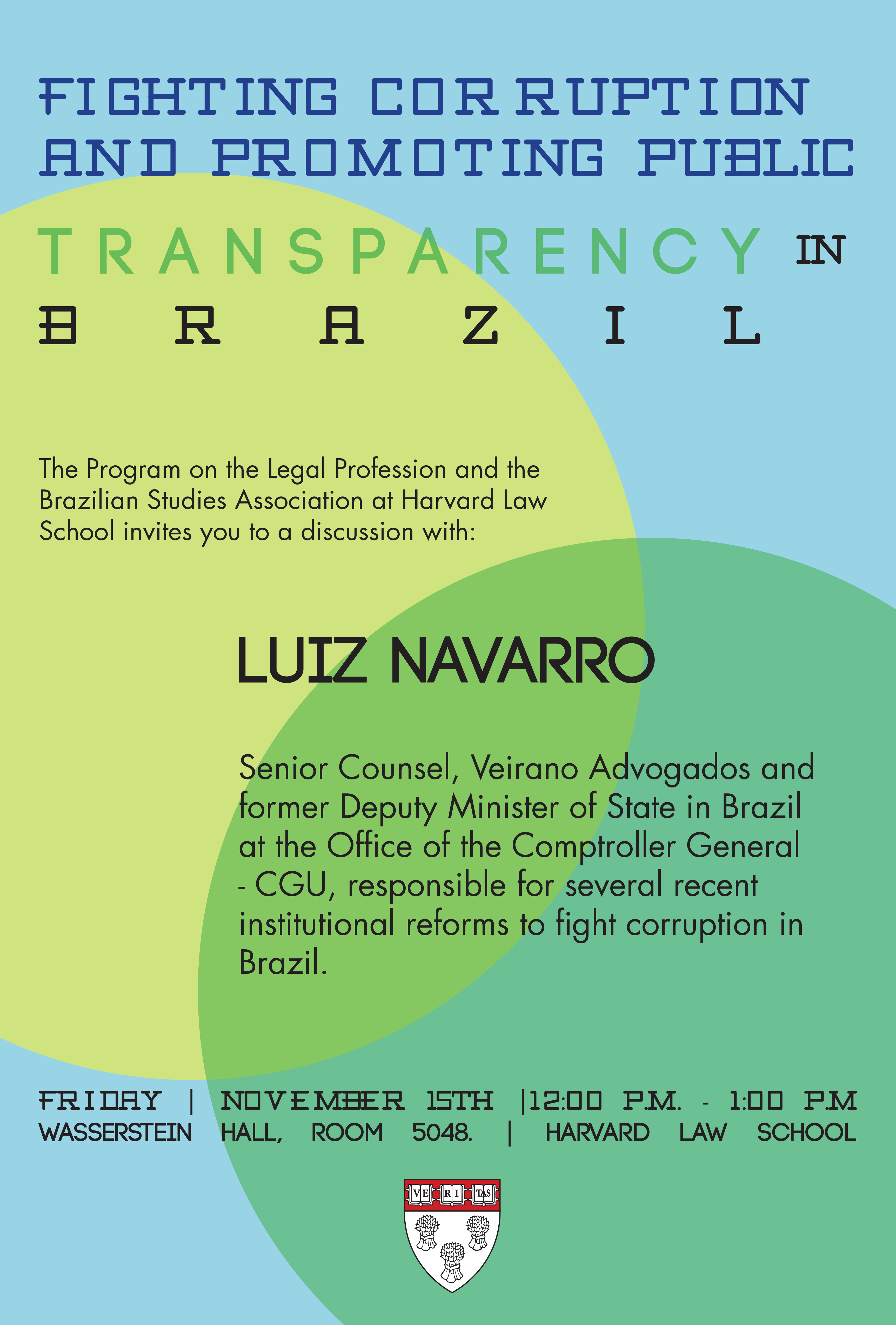LIDS is proud to announce the publication of Volume I of LIDS Global’s international research efforts for the 2013-2014 academic year. Check out the full text of this exciting, collaborative research project on the LIDS Global page and stay tuned for information about how to get involved in 2014-2015!
Last year, LIDS Global embarked on an ambitious, pilot initiative to facilitate collaborations with development-focused student groups outside of the United States. Groups from law schools in Singapore, Tanzania, India, the Philippines, and Sri Lanka formed the inaugural LIDS Global research teams and Volume I presents a compilation of outstanding research from the first four schools. The upcoming publication of Sri Lanka’s innovative contribution will mark the beginning of work on Volume II.
The topic of Volume I, corruption, is a follow-up to a 2012-2013 LIDS white paper that was published in the American Bar Association’s Criminal Justice Magazine, “Access to Remedies for Transnational Public Bribery.” The white paper proposed that victims of corruption in developing countries should receive compensation for their injuries through the Foreign Corrupt Practices Act, the U.S. anti-corruption statute.
While the main argument of the paper explored the need for more robust transnational compensation, the paper left significant unanswered questions related to how compensation should be distributed. The differential impact of corruption in various countries and non-civil suit alternatives for combatting corruption also lay beyond the scope of the initial white paper.
As a result, LIDS global developed a research plan, inviting law students from partner schools to address at least one of the white paper’s gaps with respect to corruption in either their countries or geographic regions. Each contribution to Volume I is expansive and ambitious. Indeed, corruption is a multi-faceted challenge that can only be overcome by broad cooperation and free thought.
Accordingly, the LIDS Global product is greater than the sum of its parts. It adds substantially and uniquely to the discourse on transnational anti-corruption and we all look forward to continuing our efforts this year!
The following are brief descriptions of each paper:
National University of Singapore
Our partners at the National University of Singapore have provided an excellent in-depth look at the success of their country’s own anti-corruption laws and their potential for improving the development prospects of Singapore’s neighbors, and they conclude that Singapore’s robust anticorruption laws are guiding Southeast Asia to a cleaner future. The authors respond directly to the “Access to Remedies” LIDS white-paper, finding that compensation for victims is, at this time, unworkable and unnecessary in the Singaporean context. Indeed, the best way to facilitate relief to citizens of “demand-side” countries is to set a good example for their own governments.
University of the Philippines Student Organization for Law and International Development (U.P. SOLID
U.P. SOLID ambitiously proposes a private right of action (as opposed to a cause of action) for any citizen to sue corrupt actors on behalf of the government. This model is based on the “derivative lawsuit” model found in many corporate legal codes, but it specifically rejects providing compensation for “victims.” Instead, the disgorged funds would be returned to the government. This is a specific proposal to involve the public in the fight against corruption.
University of Dar es salaam, Tanzania
Our partners at UDSoL were in the unique and invaluable position of being able to directly evaluate the effectiveness of providing access to remedies for victims of corruption. In a widely publicized case, BAE was fined millions of pounds for bribery that corrupted Tanzanian government officials. The UK’s Serious Frauds Office decided, in 2012, to send nearly thirty million pounds of the disgorged funds to bolster the Tanzanian government’s education budget. The student researchers concluded that this was not an appropriate solution, and that future efforts to compensate victims of corruption should involve local civil society.
National Law School of India University, Bangalore
This team chose to tackle one of anti-corruption’s most complex problems—deciding where corruption stops and legitimate political activity begins. This age-old debate takes on special relevance in India’s contemporary political climate, but it is nonetheless highly instructive for citizens of any democracy. As activists around the world rally to the anti-corruption cause, identifying it as a main impediment to development, it is useful to remember that developed countries can also feature nepotism and political horse-trading—indeed, that is the unfortunately transcendent nature of corruption that the team from India delineates in their paper.




